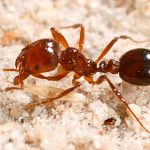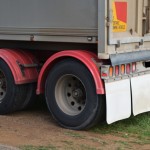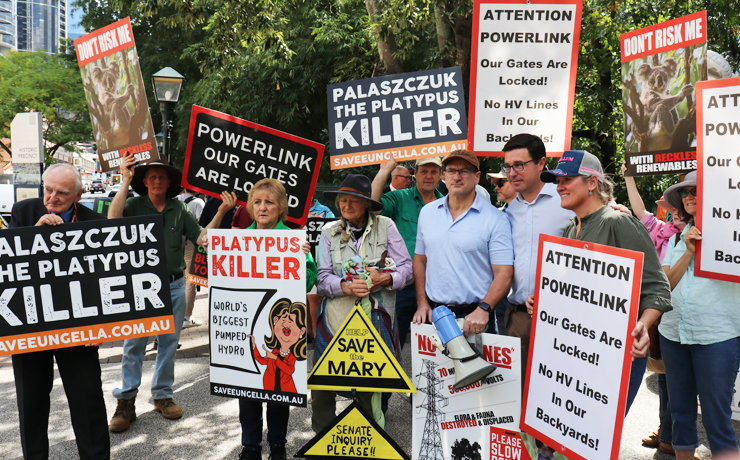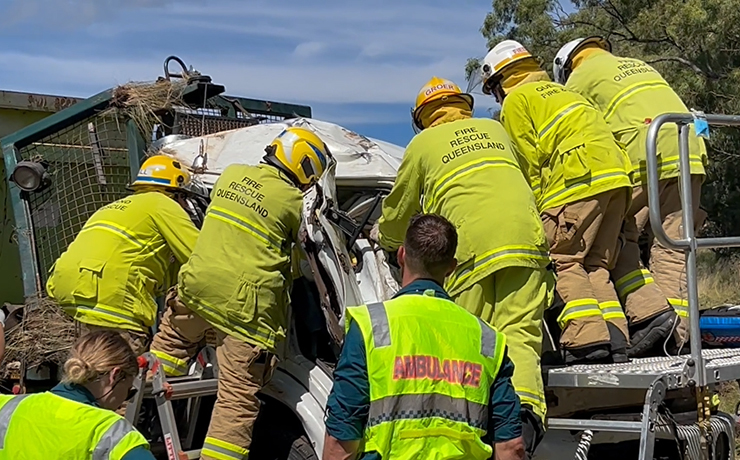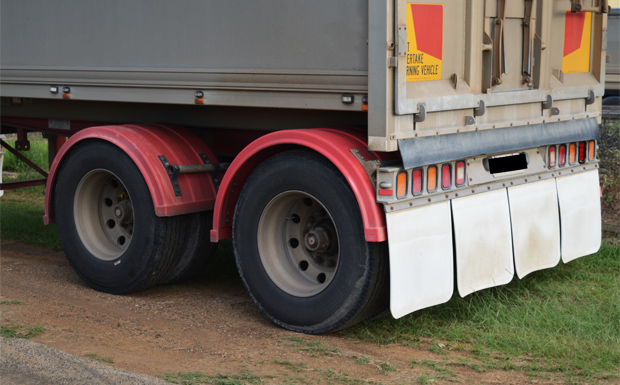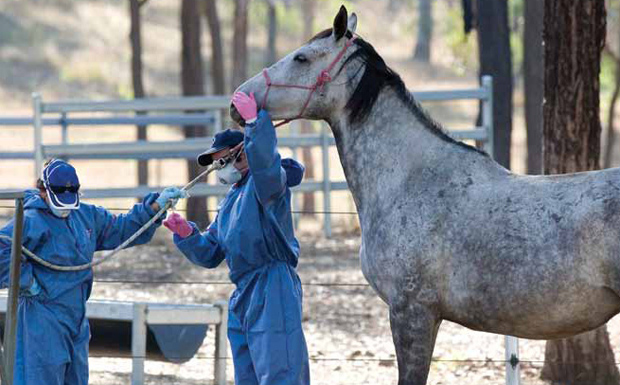

April 24, 2017
Horse owners will not be forced to vaccinate their animals against the lethal Hendra virus, the State Government has decided.
However, vets must still wear full protective gear when inspecting horses suspected of having the bat-borne virus.
The State Government says it is supporting most of the recommendations made in the Agriculture and Environment committee’s report on Hendra virus vaccine and its use by veterinary surgeons.
Its final response was tabled in State Parliament last week.
The State Government indicated it will not make the vaccine mandatory and supported the right and discretion of equestrian event organisers to make their own decisions about conditions of entry.
However, workplace health and safety regulations will not be amended for vets treating suspected cases of Hendra.
Agriculture Minister Bill Byrne said the safety of all those involved in the treatment and care of suspected Hendra cases was, and will always be, the highest priority of the government.
“It is the responsibility of all parties in Hendra cases to provide and adhere to the correct duty of care for everyone involved including veterinarians creating a safe workspace,” Mr Byrne said.
“As such we will not be proceeding with a recommendation to amend workplace health and safety regulations regarding veterinarians treating suspected cases of the Hendra virus.
“The Office of Industrial Relations had rejected the recommendation as not having sufficient regard for the accepted precedents of the statutory duty of care.
“I have been advised Workplace Health and Safety Queensland will be working with industry to review its guidance materials for veterinarians and other horse care professions on how to fulfil their workplace health and safety responsibilities.
“We want to make sure everyone involved in dealing with the Hendra virus is protected and to do this it is necessary to follow the best biosecurity practises available.”
The State Government is continuing to strongly recommend the use of the Hendra vaccine as the single most effective way of reducing the risk of Hendra virus infection in horses.
“The Department of Agriculture and Fisheries will continue to work closely with the Queensland horse industry to promote good biosecurity practices to reduce the risk of Hendra virus infection of horses,” Mr Byrne said.
“Biosecurity Queensland has agreed to revise the guidelines for treatment of horses to include information on how to manage risks.
“We will also improve information on how to report adverse reactions to vaccines and chemicals to vets and horse owners.”
Mr Byrne said the government supported new technologies but expert advice was that technology for a rapid “stall side” test for Hendra was not as yet advanced enough to assure safety and accuracy.
“In addition we will not be including stakeholders on the technical expert working group because their work is highly technical and based on complex scientific documents,” he said.
“Rather we will engage with stakeholders through the Horse Biosecurity and Market Access Liaison Group which is a more suitable forum to engage the equine industry.”
He said the recommendation to investigate the feasibility of a Hendra virus exclusion test capability in Townsville or Cairns in order to improve processing times was supported in principle but was not financially feasible at present given the capital and ongoing costs.
“Logistical arrangements are ensuring that North Queensland samples are being processed in the Brisbane facility within acceptable timeframes,” he said.
“However, the department will continue to explore improved sample transport options to improve timeframes for exclusion testing.”
Related articles:
- Vet Pleads Guilty In Hendra Case
- Inquiry Into Hendra Vaccine
- MP Calls For Crisis Meetings About Hendra
- Opportunity To Quiz Hendra Expert
- Horse Dies From Hendra
- Third Case Of Hendra
- New Hendra Case Identified
- Hendra Case At Bundaberg
- Another Horse Dies Of Hendra
- Horse Dies From Hendra
- Horse Owners Urged To Vaccinate
- Lethal Bat Virus Found In Horse
- Update On Hendra Vaccine
- Horse Dies From Hendra Virus
- Hendra Case Near Mackay
- Scientists Probe Hendra Link To Horses Resting Under Trees










